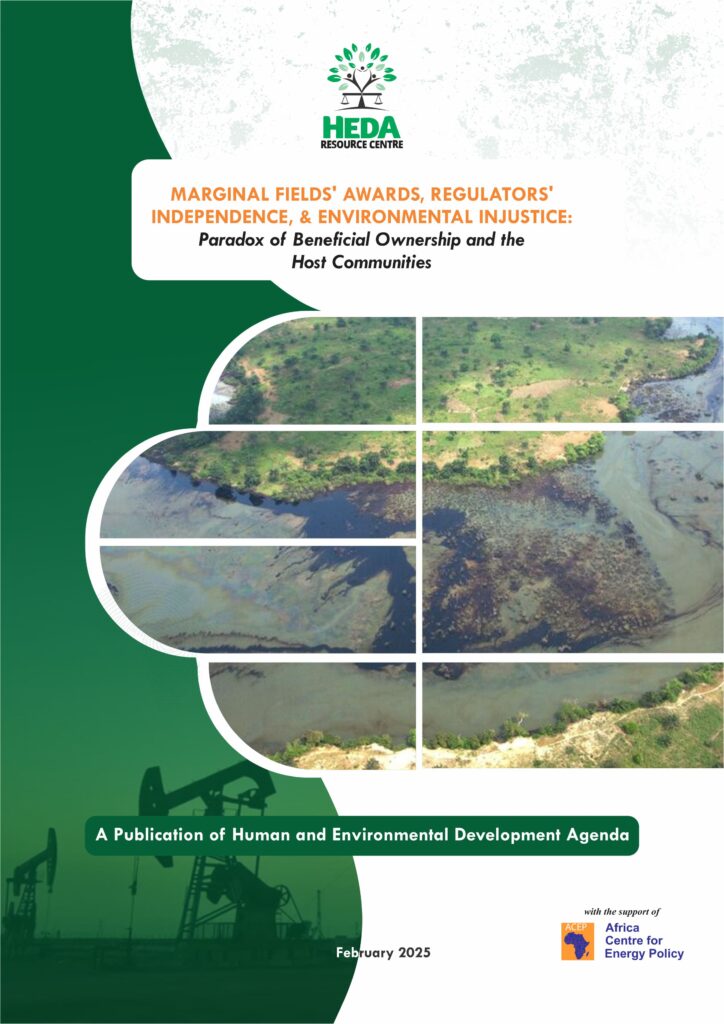The Human and Environmental Development Agenda (HEDA) has raised serious concerns regarding the negative effects of inter-agency rivalry on Nigeria’s fight against insecurity. Consequently, urged the Federal Government to address this issue promptly in order to foster synergy and success in combating insecurity.
However, Suraju expressed optimism about the current government, especially with the appointment of National Security Advisor (NSA), Mallam Nuhu Ribadu, who possesses commendable character and credentials. Suraju believes that this appointment can lead to improved coordination among law enforcement agencies, anti-corruption bodies, and security agencies.
Emphasizing the need for accountability and responsibility, Suraju advocated for imposing penalties on individuals involved in any wrongdoing. He cited a recent incident involving the Department of State Services (DSS) and the Nigeria Correctional Services (NCS) in the case of the suspended Central Bank Governor, Godwin Emefiele. Suraju criticized the uncivil and condemnable actions of the DSS, which he deemed detrimental to the accountability process.
Suraju further explained that accountability often diminishes when high-profile individuals are involved, citing the case involving Senator Stella Oduah that took years for arraignment to reach the court, only for the judge to give an order outside his jurisdiction. He attributed the delays in prosecution to conflicts and rivalries among agencies striving to achieve their respective goals. He urged the National Security Adviser and the President to address such conflicts and stress the importance of adhering to appropriate procedures in a civilian regime.
The HEDA Chairman stressed the significance of allowing government institutions to function without external interference and called for the judiciary’s understanding of the challenges faced in prosecuting high-profile individuals. He warned that undermining the administration of criminal justice would exacerbate insecurity in the country.
Expressing his concerns, Suraju pointed out that high-profile suspects often escape accountability through legal loopholes, such as the bail process and frustrating prosecution efforts. He called on all stakeholders, including lawyers, to prioritize the nation’s well-being and not merely seek the release of suspects without following due process.
This interview shed light on the crucial issue of inter-agency rivalry and its detrimental impact on Nigeria’s fight against insecurity. It underscores the urgent need for measures to enhance cooperation among security and law enforcement agencies, ultimately fostering a safer and more accountable society.



